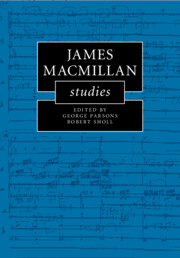This article explores the revival of Palestinian indigenous performance practices that were part of the Sufi Nabi Musa festival. Focusing on the 2018 and 2019 government-sponsored performances, it examines how the different sociopolitical changes that took place in Palestinian society, following the mass expulsion of Palestinians from their land in 1948, have led to the marginalization, politicization, and eventual revival of indigenous performance practices, which are an important part of Palestinian theatre history. Exploring Sufi rituals as indigenous performance practices shows that theatre forms not based on appropriations of European-style theatre existed in Palestine in the twentieth century. It also raises important questions as to why many of them have been neglected by Palestinian non-governmental theatre organizations (NGOs). Dia Barghouti is the Arab Council for the Social Sciences Postdoctoral Fellow at the Abdelmalek Essaadi University in Morocco. Her research focuses on indigenous performance traditions in the Levant and North Africa. Her work on theatre and Sufism has appeared in New Theatre Quarterly and Jadaliyya.
